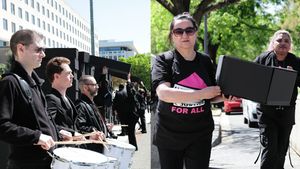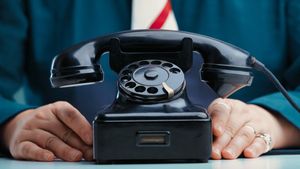Something has been happening over the last decade that is about to have a profound impact on our community over the next decade: Americans and non-Americans alike are dangerously isolated. People, young and old, have become more depressed, lonely, and sad. Go into any neighborhood, ask everyone you see on the street, and chances are more people than ever before will say the word "alone." The World Health Organization even recently named social isolation one of the biggest public health problems for older folks.
Our LGBTQ+ community, in particular, is being affected by loneliness and isolation and a feeling of being cut off from the broader community. One in three LGBTQ+ adults experience mental illness right now versus one in five straight adults. Our elders are twice as likely to live alone, with no one caring for them during their twilight years, when everyone needs love, support, and physical assistance doing even regular things in life.
 Shutterstock
Shutterstock
Many people will tell you that the COVID-19 pandemic caused it, but the research shows it’s been happening for at least a decade. The pandemic merely magnified a problem that was already there in a way no one could really grasp.
Beyond taking too many innocent lives and worsening the health outcomes of many in our community, the economic difficulties of the pandemic also meant there was an obliteration of places that are integral to the social and mental health of our people: restaurants, shops, saunas, bars, and more. Many families and young people relocated to spots outside cities. There was a shakeup of where people lived, resulting in some of our neighborhoods becoming trendy, gentrified, and overpriced, squeezing many of us out of the neighborhoods we had lived and loved in.
While technology has connected the entire world and given us a portal into entertainment and connections to millions of other people, social media is now being shown to potentially be tearing us apart. Research by the American Psychological Association, for example, has found that too much on your phone can lead to isolation by replacing genuine social interaction and connection that older generations were used to.
 Shutterstock
Shutterstock
Because dating apps have this component of a social media feed, these apps are also just adding to the isolation. What’s more, LGBTQ+ apps focused on dating are mainly geared to gay men, a problematic risk of prejudice and discrimination. Even trying to make friends on dating apps apparently gets you pilloried on social media. It’s gotten so bad that even Gen Z is ditching dating on their phones for fear of appearing "cringe" or being rejected.
The reason I feel the need to sound the alarm is that so many of us Gen X and Millennials will be entering our "wise elder" years over the next decade, and going into this stage feeling isolated means you’ll be more likely to have a sudden drop off in physical health. Loneliness has been linked to cardiovascular problems, weakened immune systems, increased mortality rates, chronic health conditions, and even shorter lifespans. If you’re lonely, you’re more likely to experience depression, anxiety, cognitive decline, and worse, be at a higher risk for developing dementia and Alzheimer’s disease.
This is why I believe that LGBTQ+ isolation will be the next prominent public health problem of our lives, something that will have clear negative reverberations for generations to come.
 Shutterstock
Shutterstock
The solutions are simple. We need to get out of the shadow of our phones, find balance again, and find face-to-face experiences where our phones end and real life begins. To feel alive again, we need to look at creating and maintaining genuine relationships, real friends, and real connections. This also means making a small effort to log off and find things that interest us; hobbies or sports, activities, outings, and traveling to gorgeous spots.
I am a technologist, and therefore, I am optimistic. We’ve gotten off track because of seismic social changes like social media, economic and demographic factors, and a horrible pandemic. However, addressing this requires a comprehensive approach focusing on building strong connections and being hyper-attuned to creating meaningful relationships.
We must take great care to do this, especially as we grow older and together in good health. After all, if there is anything that we have learned from the generations before us, it’s that community can save you.
Matthieu Jost is co-founder and CEO of the travel community and social network misterb&b. The website launched a new feature called Weere that lets travelers connect socially with fellow travelers and locals to find the best spots.Want to share an opinion on an issue? Have an inspiring personal story to tell? Learn more by visiting out.com/submit.
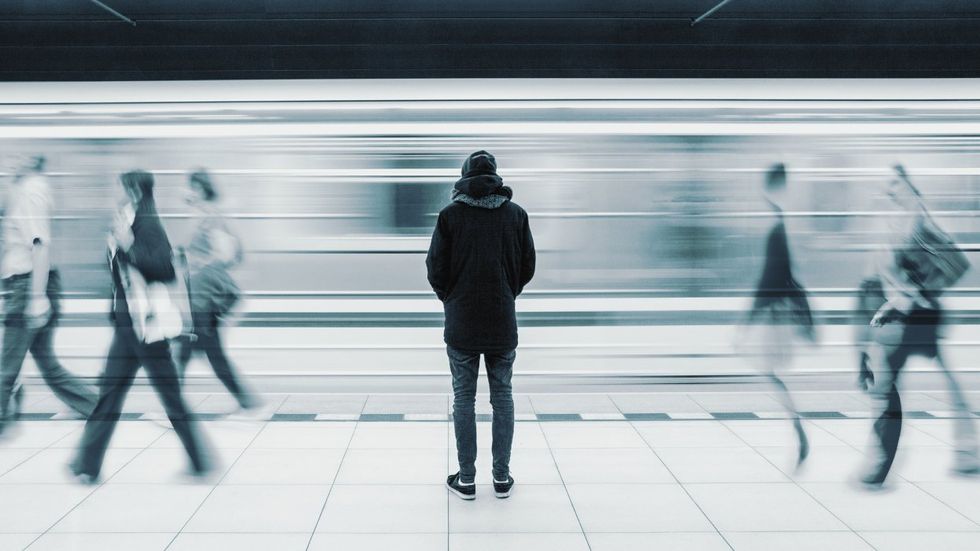



 Shutterstock
Shutterstock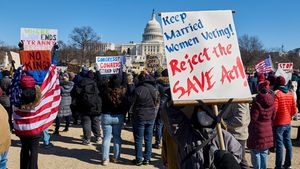







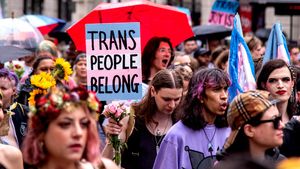










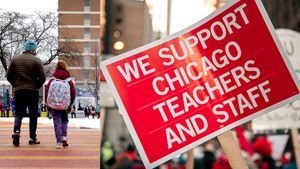










 Shutterstock
Shutterstock Shutterstock
Shutterstock

